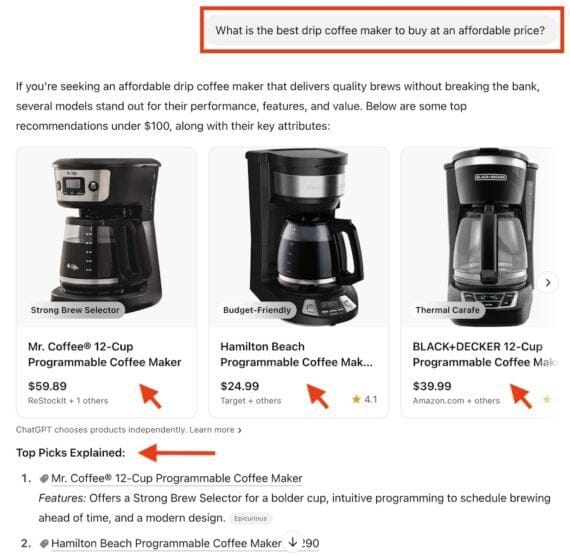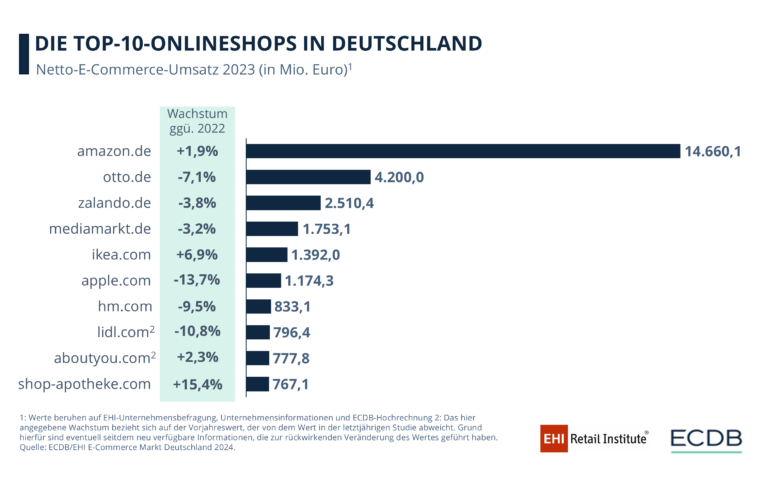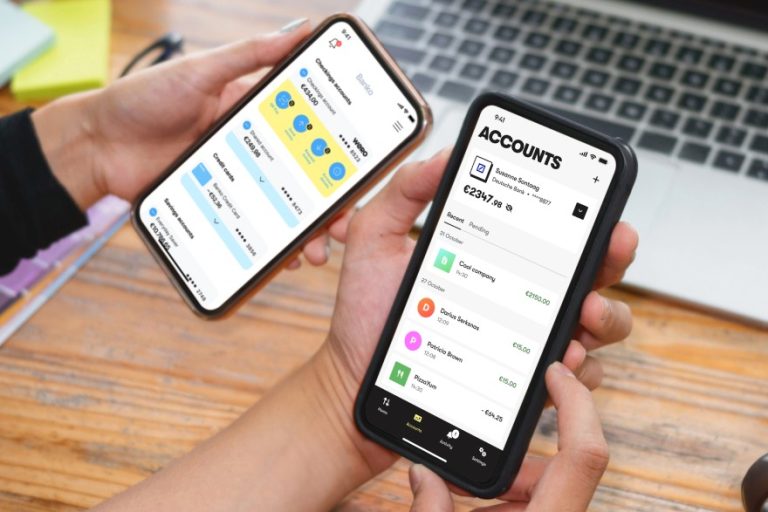ChatGPT now recommends products directly in search results. The feature has no ads (so far). Hence any ecommerce business can presumably gain visibility for free.
The recommendations follow from relevant prompts with clear shopping intent. ChatGPT provides info on each product it recommends, including (i) customer ratings from multiple sources, (ii) pricing from multiple sellers, and (iii) explanations of its selections.
Here’s how to expose your products to ChatGPT.

A prompt on ChatGPT for “drip coffee makers” produced multiple recommendations with images, sources, ratings, and a “Top Picks Explained” section. Click image to enlarge.
Get in the Database
In a post titled “Help ChatGPT discover your products,” OpenAI states it is considering a product feed submission feature (likely similar to Google Shopping) and provides a form to receive notifications when it’s live.
Ecommerce businesses should sign up now to become early adopters — before other (bigger) brands.
The post also reminds merchants to ensure OpenAI’s crawler can access their sites. Some content management systems and plugins block OpenAI bots by default. Check your robots.txt file to ensure it doesn’t block “OAI-SearchBot.” Log file analyzers from Screaming Frog and others can confirm the bot is crawling your site.
Knowatoa’s free “AI Search Console” discloses which generative AI bots have access.
Use Schema Markup
ChatGPT supports structured data markup from Schema.org. Thus including detailed product schema will likely increase your chances of being recommended. Searchers’ purchase intent prompts are often very specific with dimensions, colors, and similar.
In a related post, ChatGPT states it will recommend products based in part on the user’s prompt history. Using its memory feature, ChatGPT might know, for example, the searcher’s color and style preferences and will recommend products accordingly.
Searchers’ purchase intent prompts typically seek specific features. A detailed product schema with many facets (colors, sizes, dimensions, warranty, styles, compatibility, etcetera) will increase the likelihood of a recommendation.
Monitor External Product Reviews
In the same related post, ChatGPT states it relies on multiple public sources when displaying product reviews and ratings. While testing, I’ve seen ratings from Target, Amazon, Wired, Business Insider, and others.
Keep an eye on ratings and reviews to encourage ChatGPT’s recommendations. I’ve yet to see a ChatGPT recommendation with bad reviews. Some platforms (Better Business Bureau) often lean towards negative reviews, while others (Facebook) are typically positive (e.g., Facebook).
Shopper Approved can help improve your product ratings by adding positive reviews from your site to external platforms as needed.





